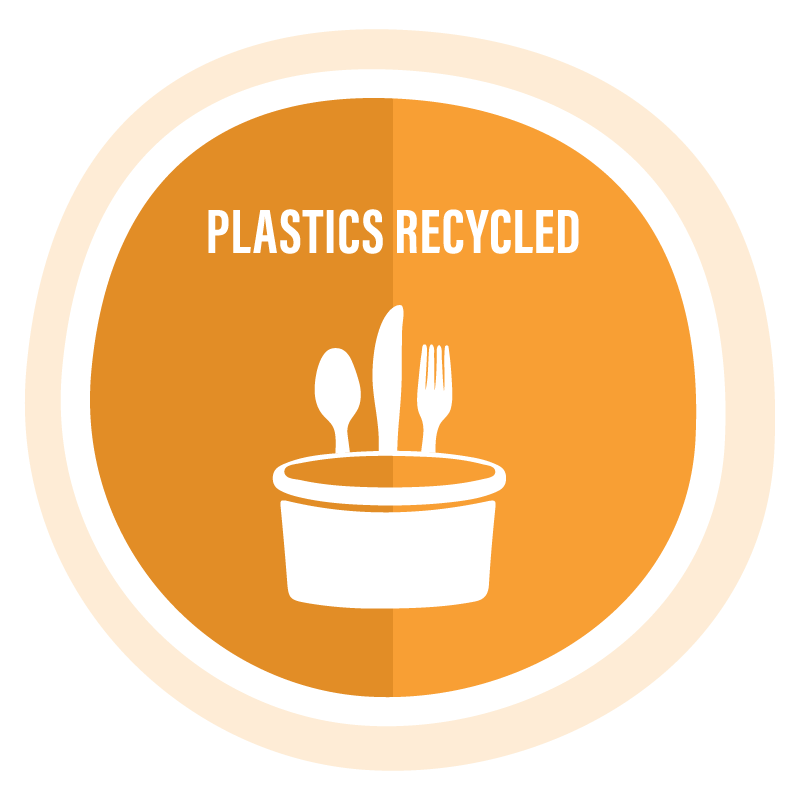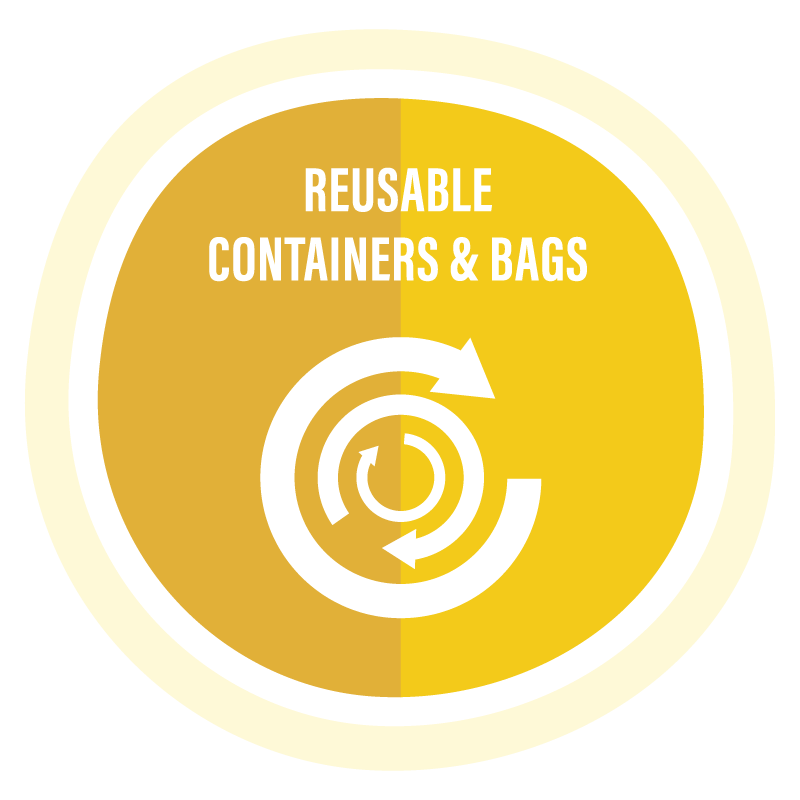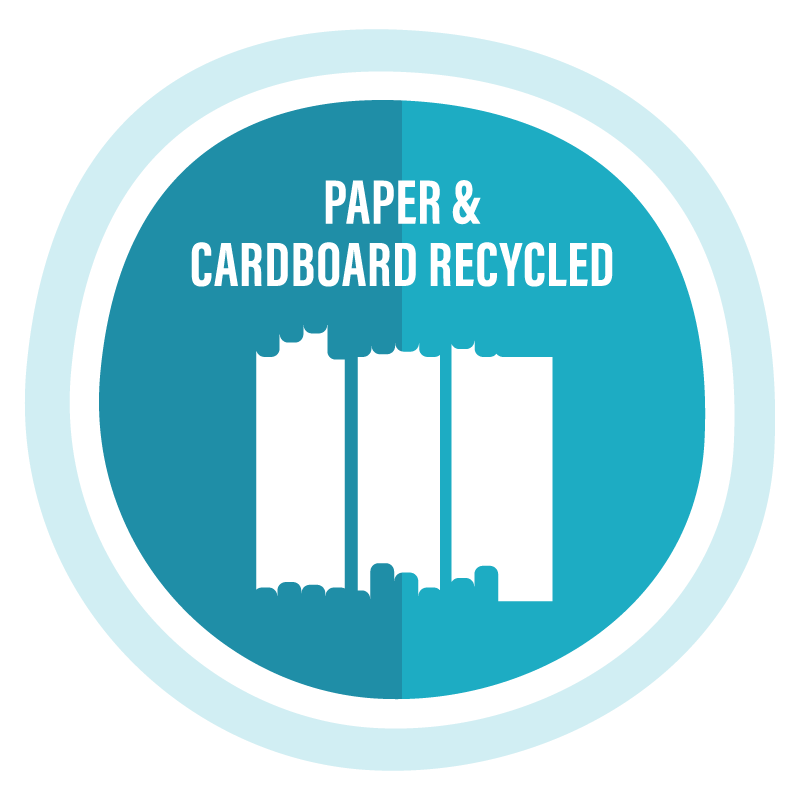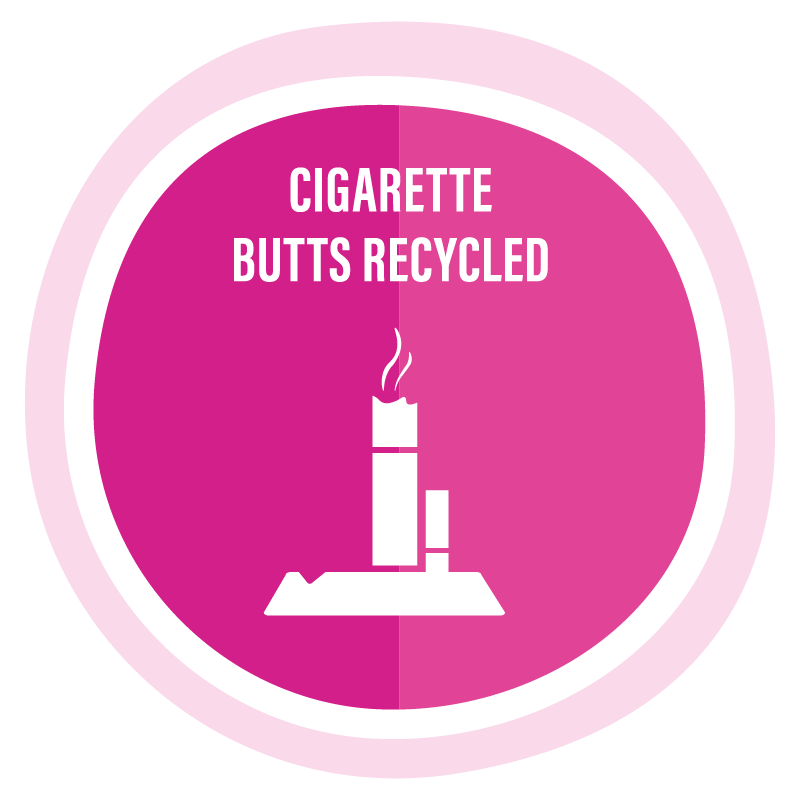ENABLING COLLABORATIVE INNOVATION REGENERATIVE PROGRAM & PRODUCT RESEARCH & DEVELOPMENT
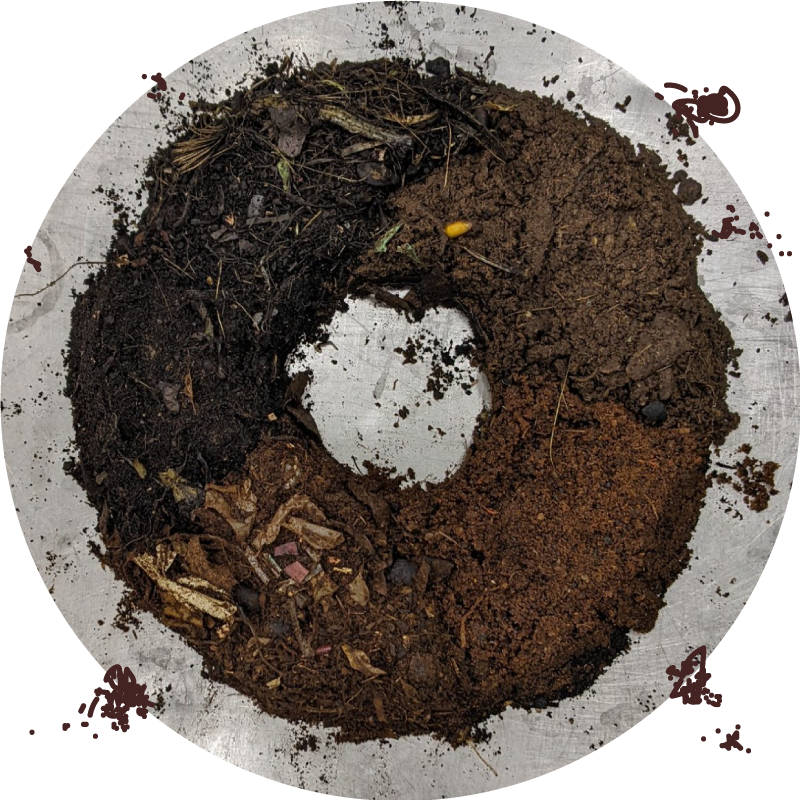
CHASING THE DONUT.
If you've never heard of a donut economy before, it's the concept of an economy by the extent to which the needs of people are met without overshooting Earth's ecological ceiling. Or as beautifully described - how to function as a society within our planetary boundaries. Why? Well let's open your media channels for a minute. Climate change. Plastic Oceans. Supply chain disruptions. Floods. Bushfires. Rising fuel costs. It's pretty intense out there.
The world is in need of regenerative and circular systems change and there’s no time like the present to work together as a collective brains trust to accelerate CE innovation. So we have a dedicated research and development working group across circular, regenerative projects to experiment, explore and debunk some of our own queries on the wild world of waste.
OUR CURRENT RESEARCH & DEVELOPMENT PROJECTS.
Research in programs and products that contribute to urban food systems.
2024 Fishermans Bend Digital Innovation Challenge
In a new R&D project bid, we're top 3 in the finalists for the 2024 Fishermans Bend Digital Innovation Challenge. We're supporting Victoria's 2030 4 bin system roll out in the form of Mia Mias Micro Material Bank: a mobile infrastructure, data and education project facilitating micro recycling, design to disassemble methods and alternative circular outcomes for local construction waste.
The winner will receive $90,000 to work with City of Melbourne to bring their idea to life and be tested as a pilot in Fishermans Bend in 2025.
OUR CIRCULAR FOOD STORY: GROWGOOD FERTILISER R&D PROJECT
Why on earth are we importing fertiliser when we can make it right here? In early 2022, supported by Sustainability Victoria's Recycling Organics R&D grant fund, we partnered with RMIT Soil Scientists and composting experts to embark on a 2 year Research & Development project to explore the viability of food recycling tech outputs from our Community Compost Collective program, to close the loop on hyperlocal agri-production.
CREATING ECOSYSTEMS OF CIRCULAR & REGENERATIVE PRODUCT INNOVATION
Need a systems designer? We'd like to support your R&D projects, especially if you have waste materials that can be produced and recycled into something new that we can take out and showcase in our programs.
